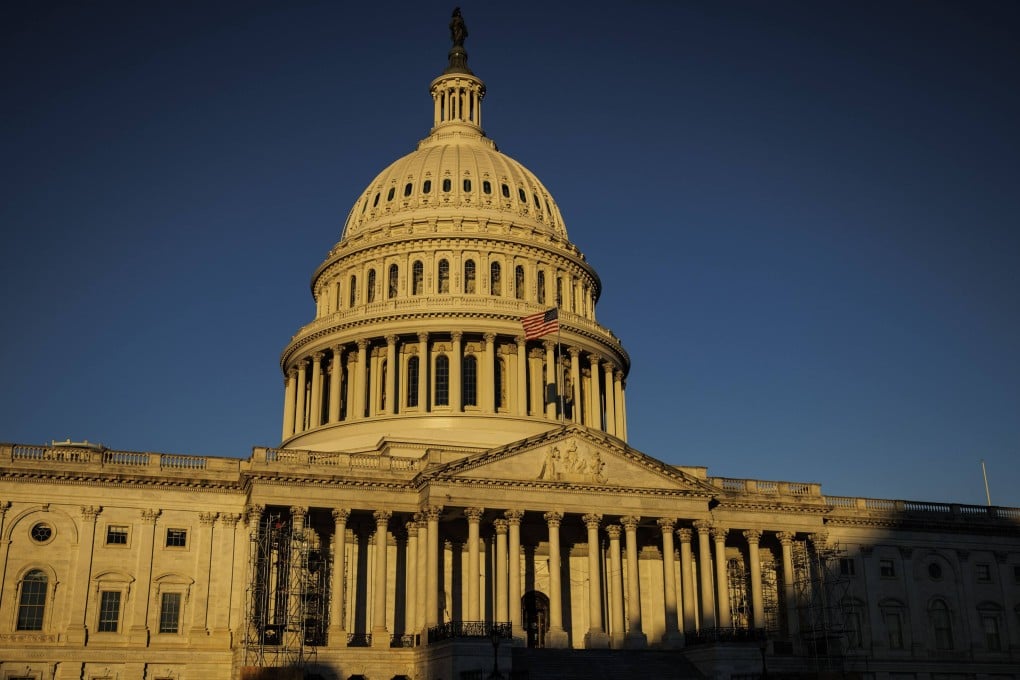US midterms: control of Congress remains unsettled, with several House and Senate races unresolved
- Republicans seen as likely to narrowly win the House of Representatives, while Democrats may hold onto the Senate
- Anticipated ‘red wave’ failed to arrive, which could limit Republican efforts to pursue anti-China legislation

Republicans appeared poised to take control of the US House of Representatives on Wednesday as midterm election results were tabulated, but the Senate result was unclear as Democrats held off an anticipated “red wave” that could have empowered Republicans to push through legislation aimed at China.
Counting of the votes cast on Tuesday continued across the US. Control of the House requires 218 of the chamber’s 435 seats. Republicans were projected to win as many as 222, which would give them the chairmanships of the Foreign Affairs Committee and other panels that decide what legislation the full chamber will consider.
In the 100-seat Senate, three races remained extremely close and undecided. The Republicans need 51 seats for control; the Democrats need 50 because Vice-President Kamala Harris, who presides over the Senate, holds a tiebreaking vote.
As expected, Senator Marco Rubio, a Florida Republican and one of Congress’s most vocal critics of Beijing, retained his seat, trouncing his Democratic opponent, Representative Val Demings. Rubio has sponsored anti-China bills including the Hong Kong Human Rights and Democracy Act, the Holding Foreign Companies Accountable Act and the Uygur Forced Labour Prevention Act.
Incumbent Senator Mark Kelly, Democrat of Arizona, led Blake Masters, a Republican endorsed by former president Donald Trump. Masters had campaigned on limiting US military aid to Ukraine, calling it a distraction from countering China and supporting Trump’s tariffs against China.

Senate control may come down to a run-off election in Georgia, where the Democratic incumbent Raphael Warnock slightly leads his Republican challenger Herschel Walker. Secretary of State Brad Raffensperger said on Wednesday that neither candidate would pass the 50 per cent threshold required to avoid the extra vote, which will take place on December 6.
